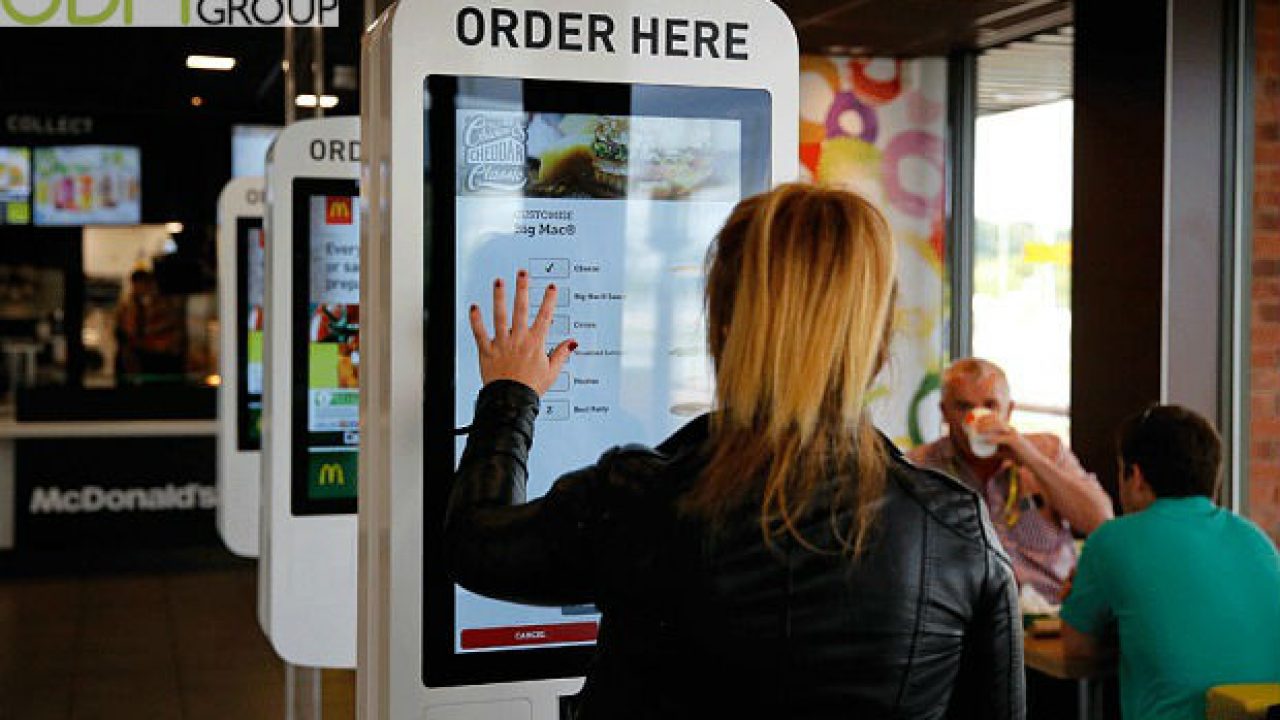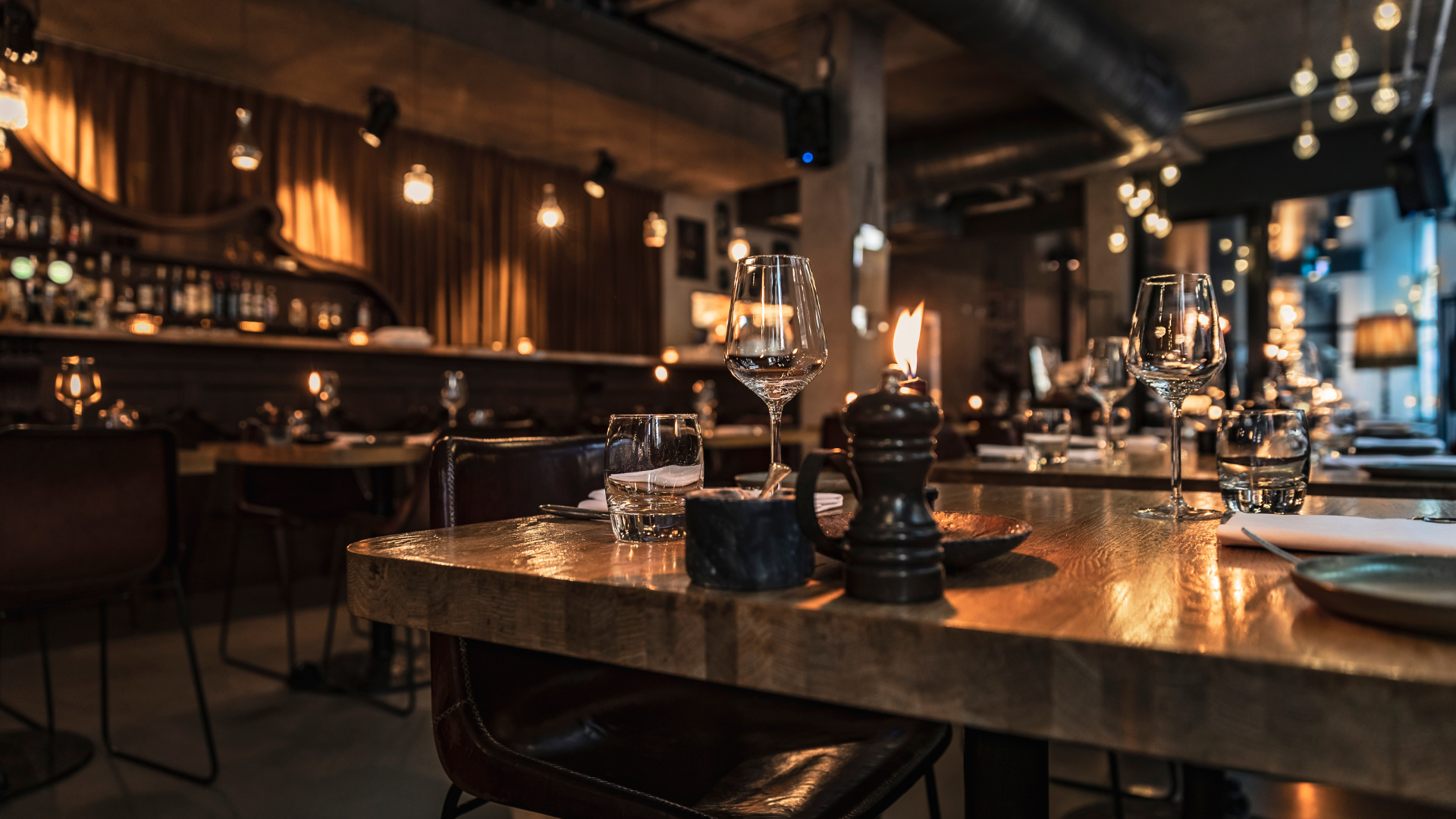Digital technology continues to disrupt every aspect of global commerce. And this is a good thing. Because when technology, such as self-checkouts, evolves to meet consumer demands, it offers a set of benefits to businesses of all sizes. And this includes business in both the retail and hospitality sectors.
Self-checkouts do this because they solve the problem of queueing. And, despite the British reputation for it, queueing is not something we want to do. Or, at least, not for longer than we need to.
In a survey on automation, two-thirds of respondents said their main bugbear when shopping was having to stand in long queues. And this is where self-checkouts will step in.
So, when digital and technological disruption occurs, in any industry, it can seem intimidating. But it usually offers a solution to a commercial or human problem, rather than creating more of them. To illustrate the point, let’s take a walk down memory lane and see just how far the self-checkout has come.
A brief history of self-checkout technology
1800’s: The first vending machine
The origins of the vending machine are somewhat debatable. But somewhere around the mid-19th Century, the first machines appeared that could ‘vend’ items for consumers in exchange for coins. In Britain, it’s thought the first vending machines dispensed postage stamps.
1990’s: Supermarket self-checkouts are born
Onto more recent history, and it was an American Doctor named Howard Schneider who invented what were first called ‘service robots’. Dr Schneider’s invention first appeared as a fully automated, self-service checkout in an upstate New York grocery store in the early 1990’s.
2000’s: Self-serve kiosks arrive
Barcode scanning first emerged in the 1970’s, but evolved to become the fundamental principle when purchasing any physical items. In the 2000’s, self-service checkouts and kiosks became widespread, while smartphone technology evolved to scan both QR codes and barcodes.
2015: RFID and Mobile Scanners
Building on the benefits of barcode scanning, Radio Frequency Identification (RFID) scanners are enabling shoppers to shop and go with more convenience than ever before. Now, shoppers can use handheld scanning devices, or their smartphones, to purchase items with no need to queue at all.
How are self-checkouts meeting modern business needs?
Clearly, self-checkout technology is great for the consumer. It’s convenient, fast, and saves the time that may have been wasted in the queues. But what are the benefits for businesses?
- Higher numbers of orders
- Bigger order sizes from upselling
- Increased revenues from faster processing
- Shorter or non-existent queues
- Reliable kiosks that are always ready to serve
- Improved reputations for health and safety
So, what could the future hold for self-checkouts?
In the past decade or so, self-checkouts have evolved to help make all our lives easier. So, what problems will they solve next? Well, while we don’t have any crystal balls lying around, we can find evidence that the shopping experience of the future could take convenience to a whole new level.
In particular, frictionless experiences are on the rise. And by frictionless we mean entering and exiting a restaurant, shop, or store without the need for contact with a human.
Take Red Dog Saloon, for example, who aimed to bring the BBQ flavours of the Deep American South to Southampton. Across two evenings, selected customers at Red Dog Saloon were invited to take part in a new way of choosing and experiencing their food.
By using their smartphones, customers could explore every aspect of the restaurant’s menu through pre-recorded videos and digital information. This ranged from full details of the food’s components to detail on every step of the cooking process. The information reassured customers about what they were buying, but also those who had concerns over allergies or nutritional requirements.
By making their cooking and preparation process transparent, Red Dog Saloon enhanced customer trust and brand loyalty. They put the customer in control of the process, but also demonstrated that they were offering truly authentic southern-American style BBQ food.
Self-checkout technology has definitely evolved to improve the customer experience and help businesses to thrive. Why not take a look at how our self-checkout kiosks could help to address your business needs by getting in touch for a free, no-obligation quote?





